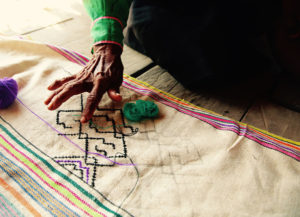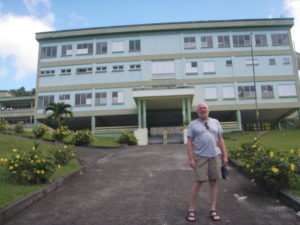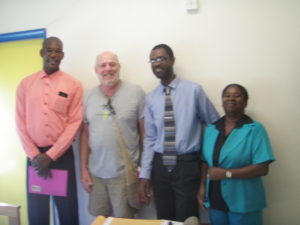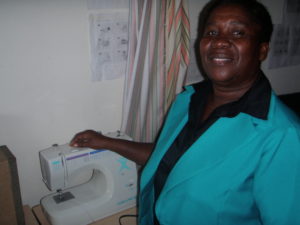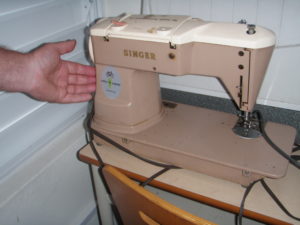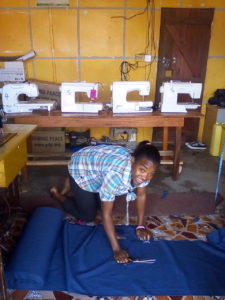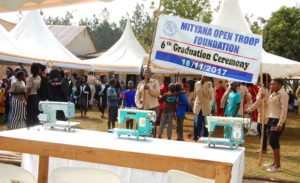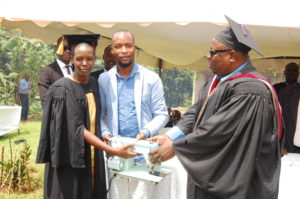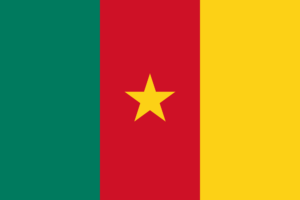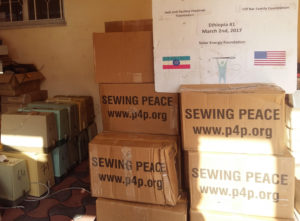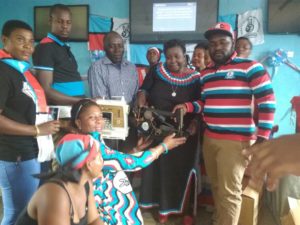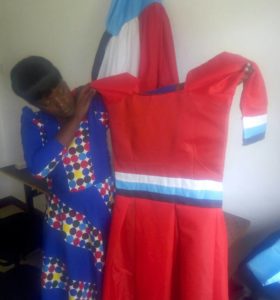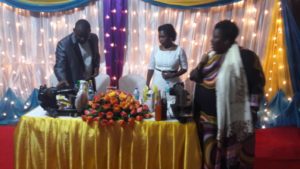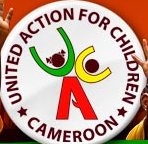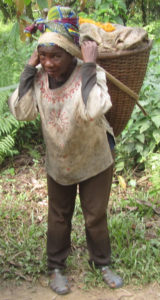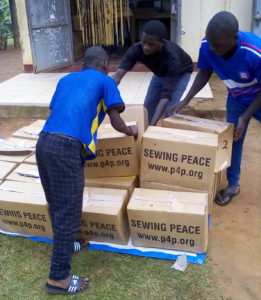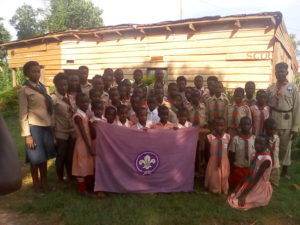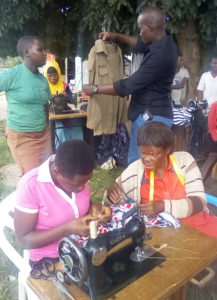By Laura Dev & Techa Beaumont
Spring 2018
We are requesting sewing machines for Shipbo artisans in the Peruvian Amazon. The machines are going to the Non Kene (Our Design) Project of the Pucallpa-based NGO, Alianza Arkana, a small not-for-profit that works with Indigenous Shipibo communities. They have experience facilitating workshops for women and youth, and have close relations with several women artisan groups in both the urban townships of Yarinacocha as well as rural Shipbo villages of Paoyhan, Santa Clara, Betania and San Francisco.
Indigenous Shipibo artisans aspire to improve skills and access a wider market for their products. Our vision is to link maintenance of cultural knowledge and improved livelihoods by developing professional capacity to establish a collective brand, including skills, business and leadership training, new equipment, seed funding, and networking to reach new markets for Shipibo artisans. The provision of sewing machines to these artisans will provide an essential resource to them in meeting these aspirations and improving their income potential.
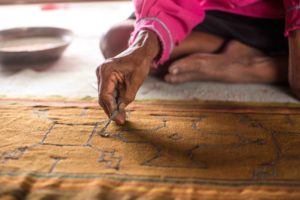
Current Status: In June 2018 we will facilitate the first in a series of several workshops in response to requests by the women artisans in the Shipibo Native community of Paoyhan. Paoyhan is a small village in the Peruvian Amazon, 4–5 hours by boat from the nearest city, Pucallpa. The workshop aims to increase their skills at making clothes, sewing-machine use, and fashion design. Common to many Shipbo artisans whose livelihood is based on selling their wares to foreigners, these women wish to improve their artisanal products and expand their markets in order to meet basic material needs such as food, medicines and education for their children. Over 70% of Indigenous communities in the Amazon live in material poverty and around 30% in extreme material poverty. Traditional artisanal embroidery is an important part of Shipibo culture, and at least 80% of Shipibo households gain income from the sale of these products. However, the artisans here do not have easy access to markets to sell their wares, nor are they trained in using technologies like sewing machines that would enable them to make more complicated types of clothing that can sell for higher prices.
We have partnered with the women-run artesania committee in Paoyhan to plan this workshop, and are bringing in women from the Shipibo Meken artesania collective in Pucallpa, led by Jovita Maynas Bardales, to teach more advanced sewing techniques and fashion design. The goal is to provide training for the Paoyhan women artisans, as well as help build relationships between the rural and urban artisan groups.
Workshop Details: The proposed workshop series has a dual purpose to train participants in clothes-making, and (once acquired) how to use a foot-pedal sewing machine, and will also serve to build community and organizational capacity within and among women artisan groups. By the end of the first 3-day workshop, participants will have learned how to make sewing patterns, and will have made an article of clothing using their newly acquired skills. Ideally, this workshop will be followed by ongoing workshops to learn more advanced skills with sewing machines. We also hope to bring in other fashion-designers, and continue to develop capacities for entrepreneurship, marketing, and product development. These sewing machines will be essential to enable these women to continue to apply the skills learned in the workshop, and ongoing workshops and support will ensure that they have the skills needed to make good use of the machines toward their goals of creating better markets for their wares.
Distribution Strategy for Sewing Machines: Initially we will target participants in the Paoyhan workshop and provide pedal-powered sewing machines to the artesania committee in the village of Paoyhan for their own uses. If we find that current solar energy in the village is sufficient to power electric sewing machines, we will provide these as well. We expect to deliver 15–30 sewing machines to this village depending on availability of electricity.
Following this initial provision of sewing machines, we will plan for further provision of sewing machines to other communities in collaboration with workshops and other events that engage artisans in showcasing and further developing their skills in sewing and fashion design.
Sewing machines will be distributed to Shipibo artisans who:
- live in urban townships of Pucallpa or more remote Shipibo villages and have either completed a workshop conducted by the project partners on sewing and fashion design or otherwise have demonstrated existing skills and knowledge of sewing machine techniques
- are not in a financial position to buy their own sewing machine
- will, based on successful participation in a workshop or existing demonstrated skills, be able to utilise the sewing machine to increase their livelihood.
Pricing:
The sewing machines will be provided free of charge to participating artisans. Where artisans or artisan collectives are not in extreme material poverty, they will be asked to make a token contribution of an artisanal product as an indication of their ‘buy-in’ and valuing of the tool provided. Money generated from the sale of the donated artisanal products will be used to fund future workshops.
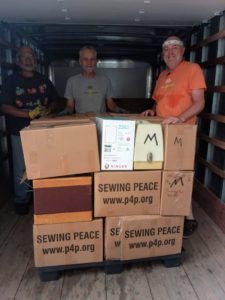
On June 20, 2018, Robert, Gary, and Dave packed 65 sewing machines, including 22 manual machines, for shipment to Alianza Arkana.

